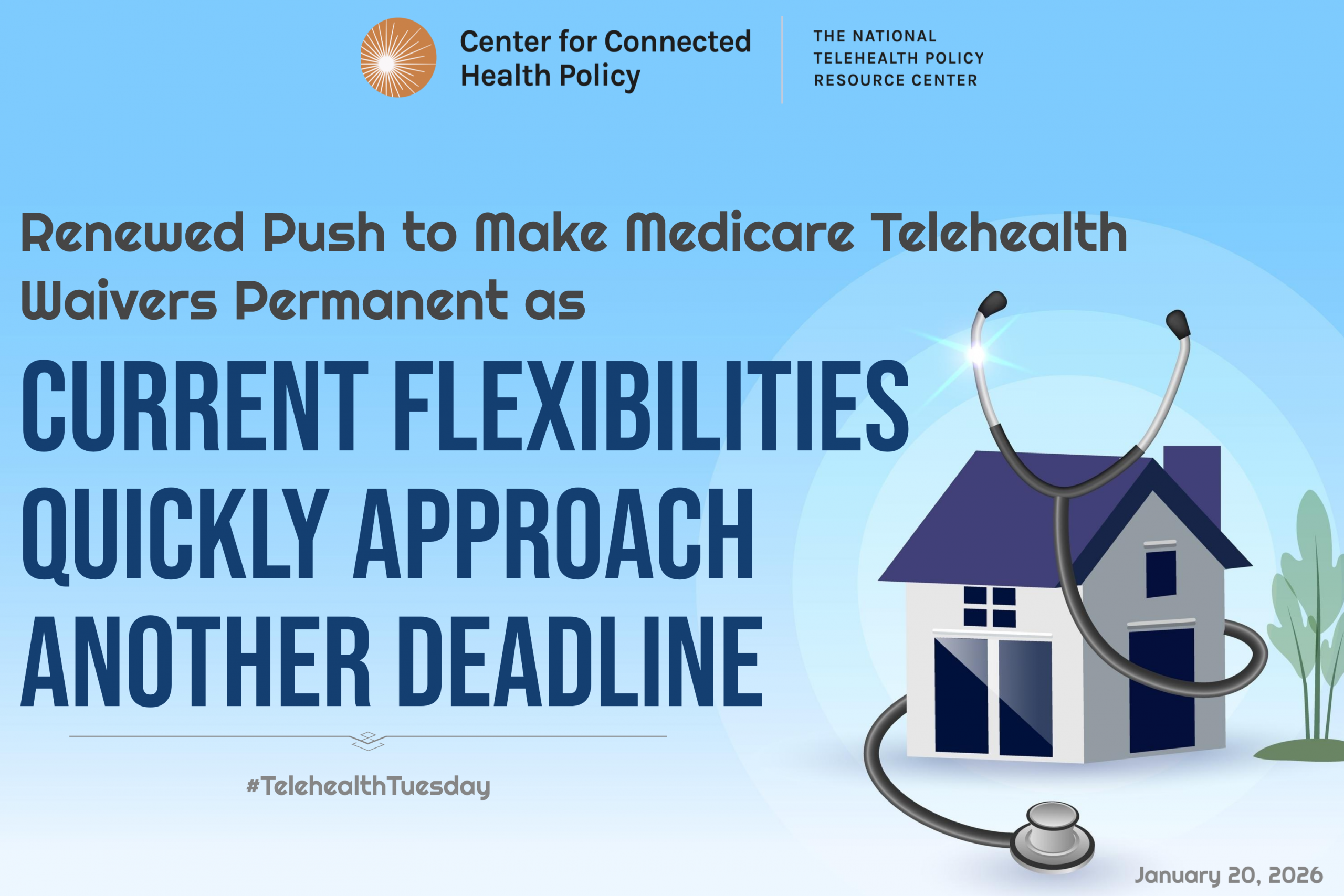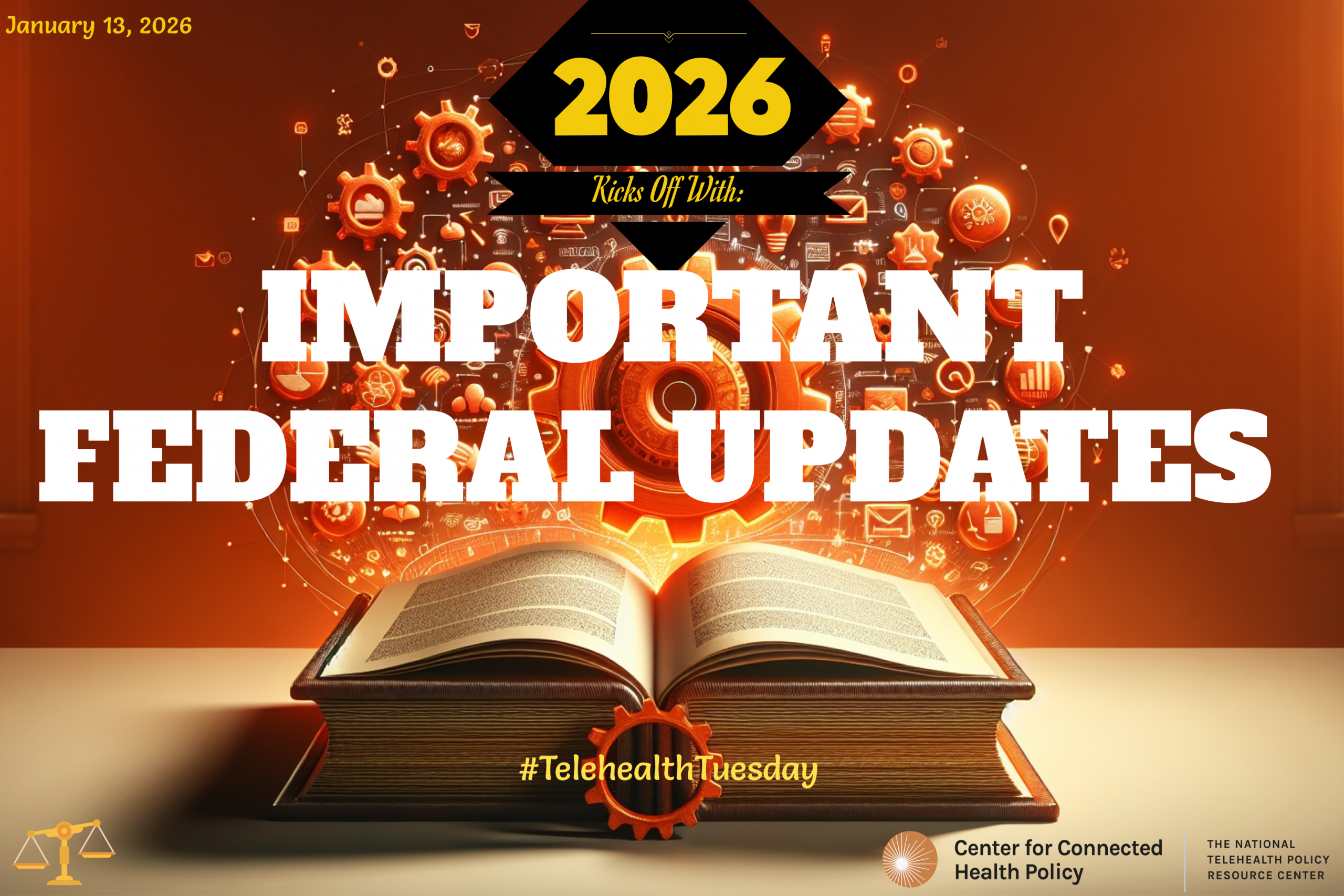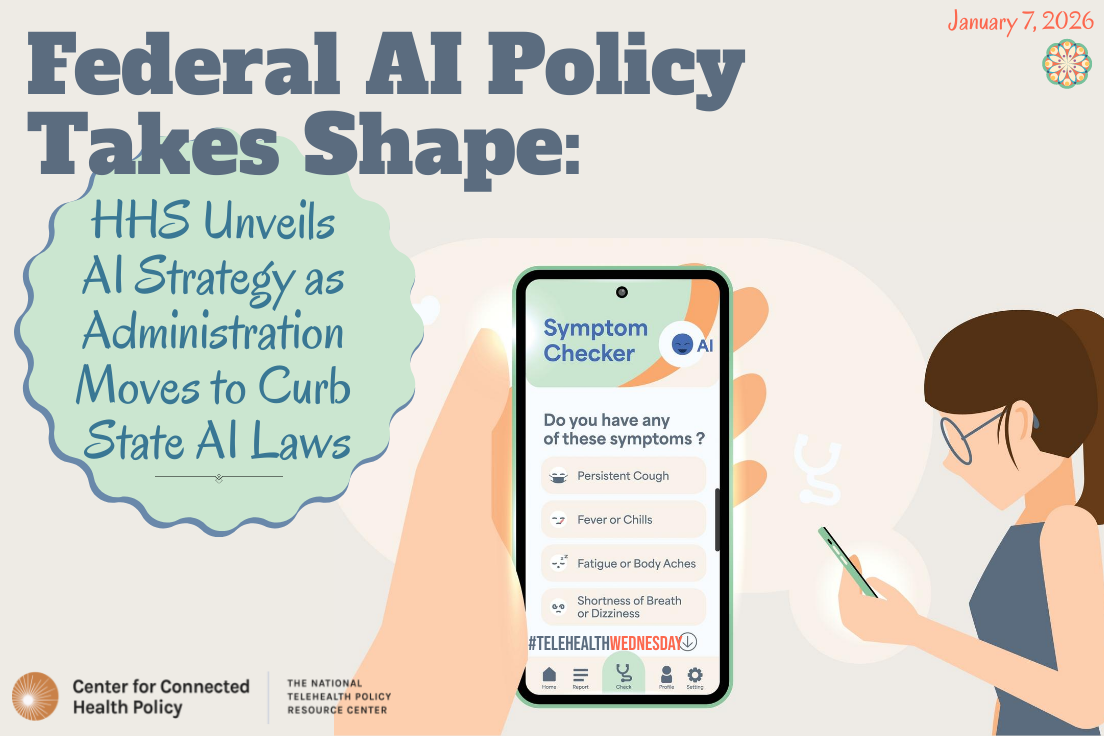Renewed Push to Make Medicare Telehealth Waivers Permanent as Current Flexibilities Quickly Approach Another Deadline

After another short-term extension of Medicare telehealth flexibilities through January 30, 2026, national provider organizations and industry groups are again intensifying their push for Congress to make key telehealth waivers permanent. The latest extension—passed as part of a continuing resolution (CR) to reopen the federal government—once again highlights the importance of telehealth across the Medicare program and the ongoing uncertainty providers and patients face if temporary policies are allowed to expire, even if applied retroactively, or are repeatedly renewed at the last minute.




